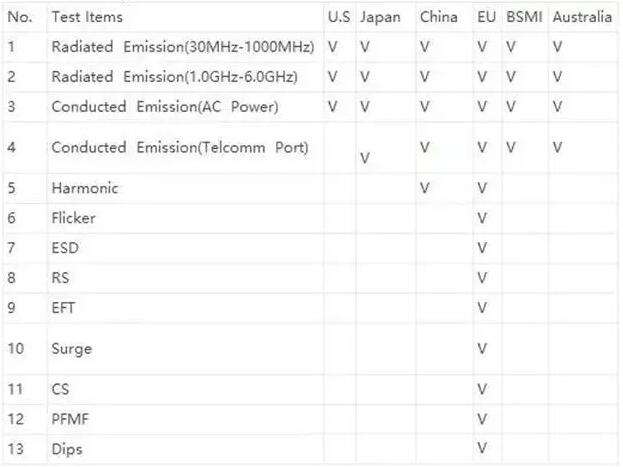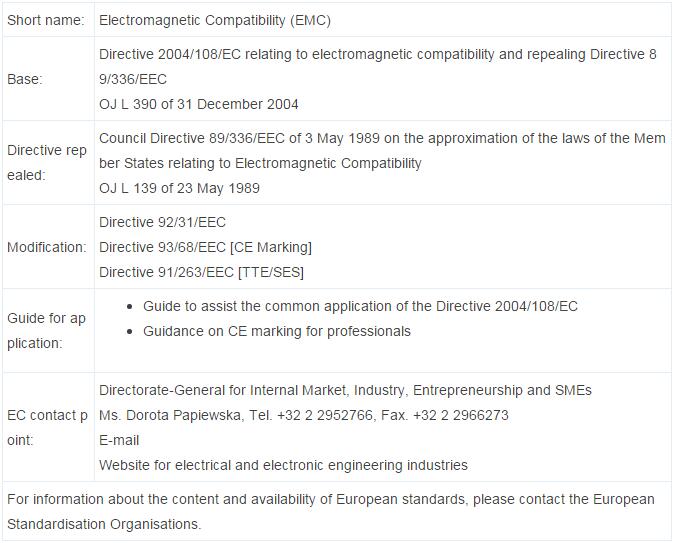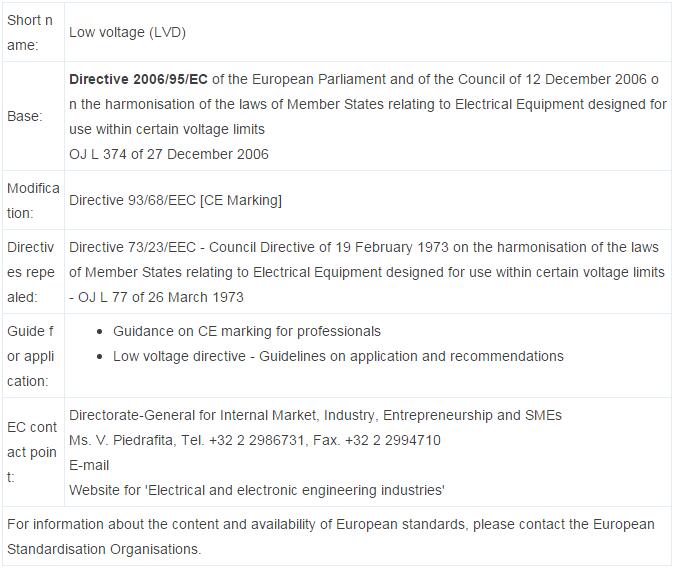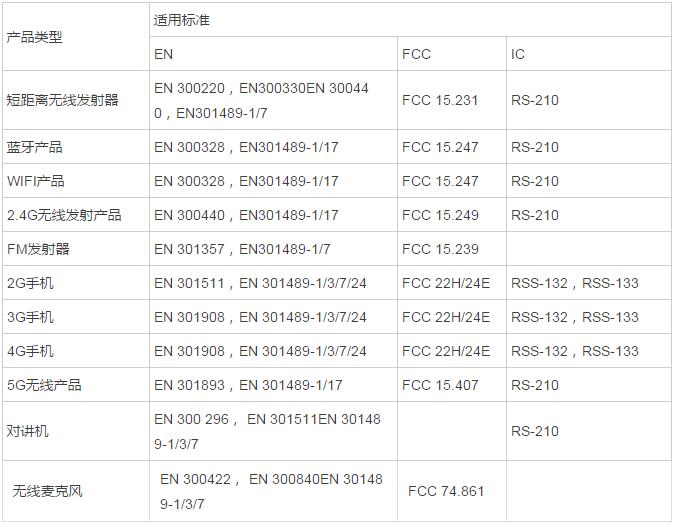What are the global certification standards for IT information products?
What is an information technology device?
Information Technology Equipment (ITE InformaTIon Technology Equipment)
a. receiving data from an external data source (such as a data input line or through a keyboard);
b. performing certain processing on the received data (such as calculation, data transformation or recording, file collection, classification, storage, data transfer);
c. Provide data output (send to other devices, or through data regeneration or image output).
Common product
Mobile hard disk / CD / DVD ROM
Computer / monitor / chassis / mouse / keyboard / motherboard
Digital camera / digital video camera
Meter/reader
Office equipment/scanner/projector/printer/copier
Fax machine / telephone / /MODEM / communication terminal
Network devices such as gateways/routers
Main features:
There are USB interface, LAN interface, various types of monitors with VGA, HDMI, DVI and other computers that can be connected to the computer and various peripheral devices that can be connected to the computer.
The certifications that need to be done, that is, the relevant laws and regulations that need to be complied with, the electrical and electronic products are mainly compatible with the safety of LVD and EMC, and of course there are many other directives or different regional laws and regulations such as ROSH, Reach, etc. Do not talk about it.
In terms of electromagnetic compatibility testing, there are some differences in the testing requirements of each country. For example, the United States, Japan, Australia, and Taiwan emphasize conduction harassment and radiation emission harassment, while the EU region includes harmonics in addition to electromagnetic harassment. Various electromagnetic anti-interference requirements such as wave current, electrostatic discharge immunity, radiated electromagnetic field immunity, conducted immunity, lightning strike, voltage drop, etc.
Electromagnetic compatibility test standards:
CISPR22, CISPR24, EN 55022, EN 55024, J55022, AS/NZS CISPR22, KN22, GB 9254, KN24, VCCIV-3, FCC Part 15, GB/T17618.

DirecTIve 2004/108/EC

Official website : http: //ec.europa.eu/growth/single-market/european-standards/harmonised-standards/electromagneTIc-compaTIbility/index_en.htm
Safety test standards:
IEC/EN/UL 60950-1/-21/-22, GB 4943.1, IEC/EN 62368-1, CSAC22.2 NO.60950-1, AS/NZS60950.1, J60950, K60950, safety regulations generally adopted by countries It is the safety standard of IEC 60950 "Safety of Information Technology Equipment".
Directive 2006/95/EC

Official website : http://ec.europa.eu/growth/single-market/european-standards/harmonised-standards/low-voltage/index_en.htm
In addition , many products are currently diversified in functionality, especially when information technology products integrate wireless functions such as WIFI, BT, Wireless Mic, SIM GSM, and even FM transfer, so the following standard requirements must be met, but Not limited to the following standard requirements.
The following are some of the standard requirements for some of the more popular wireless products:
For SAR test standards, please refer to: EN 50566, EN 62209-1, EN 62209-2, EN62479, EN 50360, RSS-102, IEEE 1528, KDB 248227, KDB 447498, KDB 865664, ANSI C95.1, 47 CFR Part 2 .

Connector 2.00Mm Pitch,Ph Connector Accessories,Ph Connectors Accessories,Strip Wire Connectors
YUEQING WEIMAI ELECTRONICS CO.,LTD , https://www.weimaiconn.com